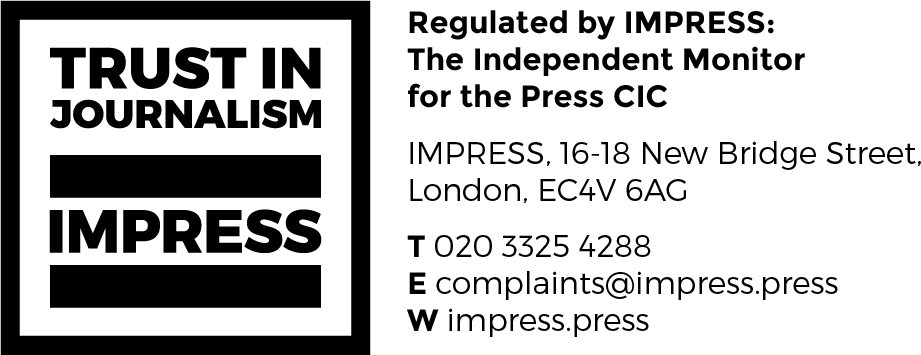Luxury tax has potential to ‘destroy’ Canadian yachting market

Canada has an incredible marine landscape for half the year, when it’s not frozen, and plays host to a diverse range of yachts and boats. Take Canada’s growing west coast city of Vancouver, which is home to a number of established superyacht-capable shipyards and charter companies. With an estimated market size of CA$391m ($305.7m) and over 340 marine manufacturing businesses Canadian boating is a sizeable market.
But this industry is under threat. Yachts are highly discretionary purchases – meaning consumer demand for new boats fluctuates significantly leading to high levels of revenue volatility. Plus the Canadian government announced in its budget last spring that it plans to introduce a tax on select items, including new boats above CA$250,000 ($195,500), beginning this year.
“The proposed luxury tax is economically destructive to Canadian businesses and a self-defeating policy that will hurt middle-class workers,” said National Marine Manufacturers Association (NMMA) Canada president, Sara Anghel.
A recent study undertaken by Calgary University, An Economic Evaluation of the Proposed Luxury Boat Tax, estimated a CA$90m ($70.3m) decrease in revenues for boat dealers as a result of the tax and potential job losses for 900 employees.
Denison Yachting’s president, Bob Denison believes the tax will certainly be a deterrent to Canadians buying new boats. According to a recent economic impact study, around 10% of the value of the boat is spent on the local economy each year.
“This is not only tragic for new boat and yacht builders, but also is a very bad thing for the service providers in Canada. From the marinas to the mom-and-pop grocery stores that serve Canadian marinas. This tax is going to have a negative impact on a lot of people,” Denison tells SYI.
One way to get round the luxury tax is to not buy new. Which means the pre-owned boat market are likely to see a boost, whilst factory-fresh models collect dust on the shelf.
“Yes, I definitely think you will see less people buying new boats. However, there is a section of the market that will only buy new,” says Denison. A section of the market which is, if anything, more likely to only buy new post-Covid. “Those buyers might simply decide not to buy a boat at all. Which would be the worst-case scenario.”
There is considerable opposition to the tax, which is due to come into force this year. Although the government has not yet tabled legislation to confirm the date the tax takes effect. According to Denison, the challenge is coming mainly from NMMA Canada and its US counterpart, NMMA.
The original proposal back in 2020 was to tax all boats above CA$100,000. But according to an NMMA Canada statement published in December 2021, “strong and sustained advocacy over the past two years pressured the government” to raise the threshold to $250,000.
Anghel concluded: “NMMA urges the Canadian government to correct course on this misguided tax within the federal budget. We cannot afford to jeopardise our fragile economic recovery by decimating our domestic industry and putting thousands of good jobs at risk at a time when we need them most.”
Subscribe to our free newsletter
For more opinions from Superyacht Investor, subscribe to our email newsletter.

